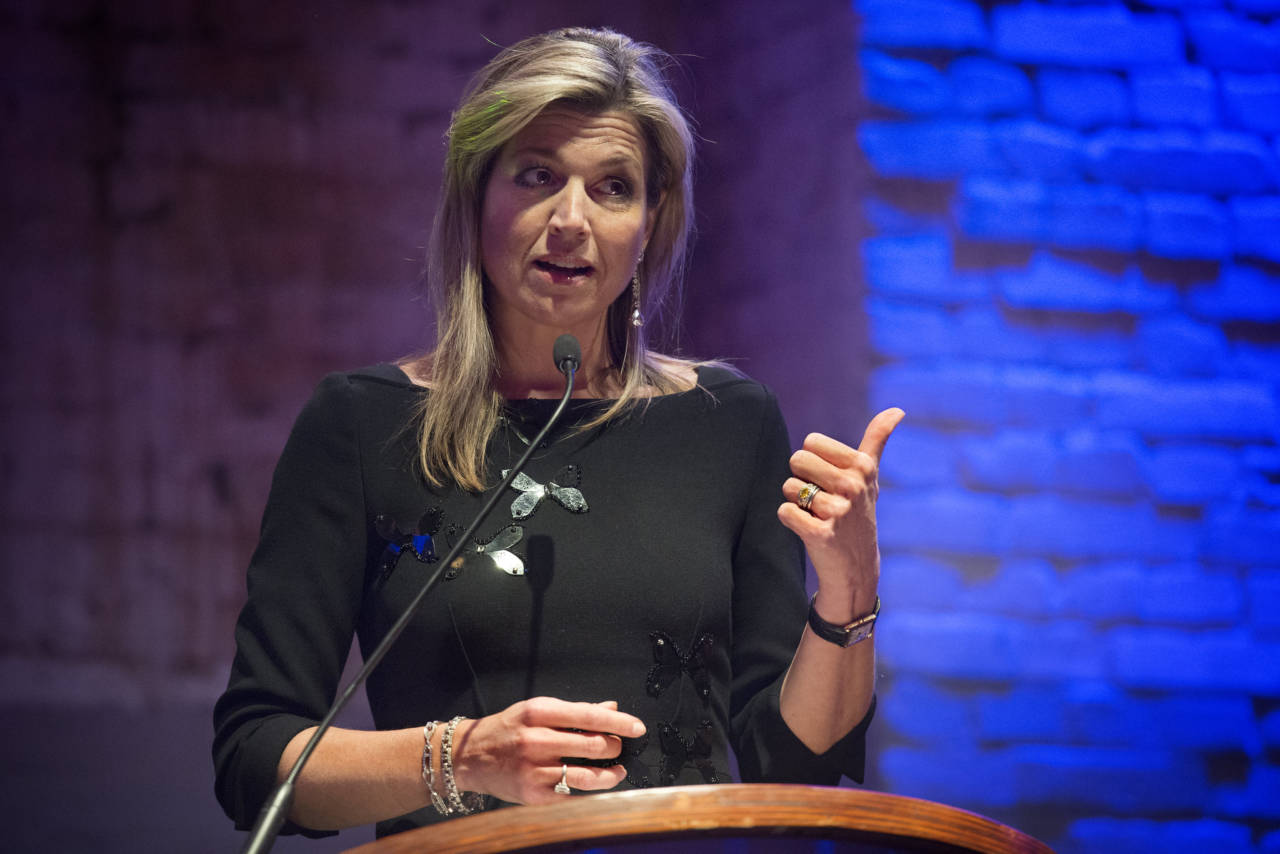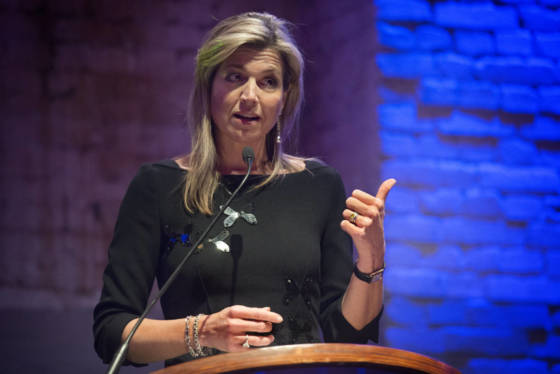In the Dutch comment pages: from colonial past to today’s royals


Dutch paper commentary this week ranged from a discussion of the Netherlands’ colonial past to Queen Máxima’s conversation with Saudi prince Mohammed Bin Salman, writes Tom Piggott.
The Volkskrant published a piece by former Christian Democrat MP Sytze Faber,
on the cabinet’s plans for election reforms. Faber said that ‘we could do with
fewer elections,’ adding that politicians are in semi-permanent campaign mode,
because there is always another election around the corner.
‘On average, there has been an election every year this century,’ he said. He suggested holding provincial and council elections on the same day, which would have resulted in five fewer election campaigns in the last 19 years.
War crimes
In light of recent talks about war crimes committed by Dutch troops in Indonesia,
Trouw featured an article by Tienke Klein, survivor of a Japanese concentration
camp in Indonesia in WWII. Klein argued that the ‘young men captured by Dutch
soldiers in the Dutch East-Indies in 1945 were both victims and perpetrators,
just like the Dutch soldiers.’
She cited the massacres committed by Indonesians after the declaration of independence in 1945 as evidence of this. Jeffry Pondaag, head of a foundation fighting for compensation for the victims of Dutch colonial actions, has compared this violence to the Dutch resistance against the Nazis. But Klein argued: ‘Dutch resistance against the Nazis has no history of the senseless murder of weakened women and children returning from Japanese concentration camps. These were inexcusable crimes. These young men in turn were victims of Japanese hate indoctrination.‘
Klein said that the Dutch troops were the victims of failing Dutch politicians, who refused to let go of colonialism when they should have done.
A heavy toll
The Telegraaf published an editorial saying that ‘road pricing is a violation of
privacy.’ Charging drivers per kilometre driven would require some form of measurement that would ‘compromise the privacy of millions of people on an unprecedented scale,’ it claimed.
The paper recalled a previous plan 10 years ago to use a ‘spying machine’, which fell apart because of privacy concerns. ‘Those experiences should be a valuable lesson,’ it said. ‘The arrival of a comparable spying system is a true nightmare.’
Defending the queen
The NRC wrote an editorial on queen Máxima’s chat with Saudi crown prince
Mohammed Bin Salman, saying that ‘the cabinet should have prevented damage
for Máxima.’ In response to the criticism that Máxima did not address the murder
of Jamal Khashoggi, the NRC said that the cabinet, in particular foreign affairs
minister Stef Blok and prime minister Mark Rutte, should ‘never have let the
meeting with Bin Salman happen.’
This was especially relevant shortly after the publication of a UN report saying there was ‘credible evidence’ that the prince and senior officials were liable for the killing. After all, the queen ‘acts under all circumstances under ministerial responsibility,’ it argued. The NRC concluded that Máxima’s reputation was hurt because of the incorrect political judgment of Rutte and Blok.
Thank you for donating to DutchNews.nl.
We could not provide the Dutch News service, and keep it free of charge, without the generous support of our readers. Your donations allow us to report on issues you tell us matter, and provide you with a summary of the most important Dutch news each day.
Make a donation